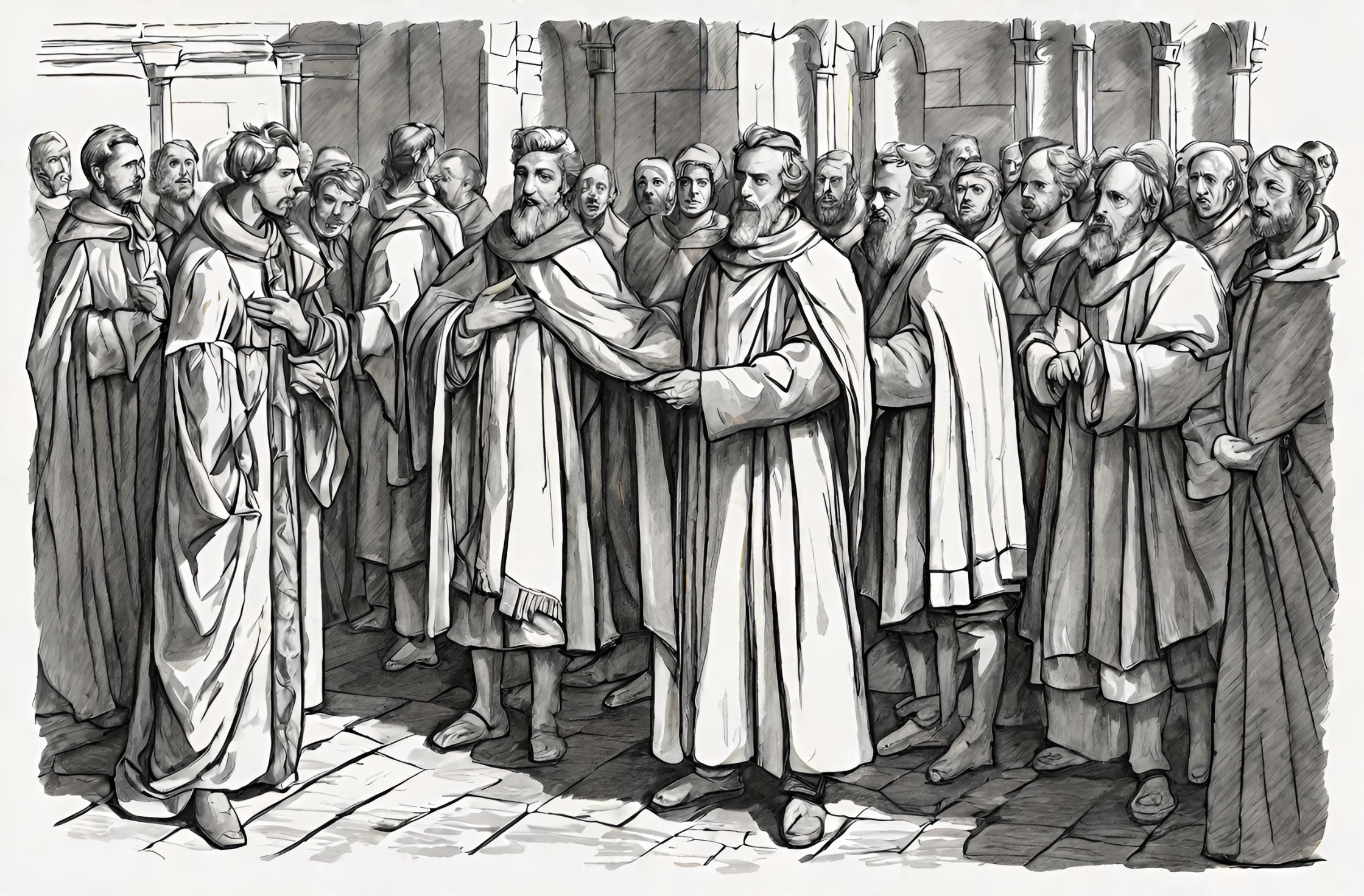Flashback to July 26
World History

On July 25, 1593, a significant event took place in the history of France. Henry IV, also known as Henry of Navarre, publicly converted from Protestantism to Roman Catholicism. This event had far-reaching consequences for both Henry IV and the French society of the time. In this article, we will delve into the details of this event, its implications, and its historical significance.
Henry IV, a member of the Bourbon dynasty, was born in 1553 and grew up as a Protestant. However, his conversion to Catholicism was not a mere personal decision, but rather a strategic move to secure his claim to the French throne. France was torn apart by religious conflicts between Catholics and Protestants during the late 16th century, and Henry’s conversion aimed to unite the country under his rule.
The War of the Three Henrys (1587-1589) played a crucial role in shaping Henry IV’s decision. This conflict involved three claimants to the French crown, Henry III (a Catholic), Henry I, Duke of Guise (also a Catholic), and Henry of Navarre himself (a Protestant). As the war progressed, Henry IV realized that his chances of becoming king would be greatly enhanced if he converted to Catholicism, as the majority of the French population were Catholics.
Henry’s conversion was not as simple as attending a single religious ceremony. In fact, it took several years for him to fully establish his Catholic credentials and gain the trust of the Catholic establishment. He went through a series of steps, including informal Mass conversions in private and public ceremonies, with the ultimate goal of securing his position as the rightful king of France.
The final step in Henry IV’s conversion process was his formal abjuration of Protestantism on July 25, 1593, in the Cathedral of Saint-Denis. This public declaration of allegiance to the Catholic faith was a pivotal moment in Henry’s pursuit of the French crown. It allowed him to gain the support of the Catholic Church and appease the Catholic nobility who were hesitant to accept a Protestant king.
By converting to Catholicism, Henry IV successfully ended the religious conflicts that had plagued France for decades. He issued the Edict of Nantes in 1598, granting religious freedom to the Huguenots (French Protestants) and effectively bringing peace to the country. This edict, which allowed Protestants to worship freely and hold political offices, was a significant achievement and a testament to Henry’s commitment to religious tolerance.
Henry’s conversion and subsequent reign as King Henry IV had long-lasting effects on France. He implemented various reforms to improve the economy, agriculture, and infrastructure of the country, earning him the reputation of “Good King Henry.” His reign also saw a period of relative stability and prosperity, known as the “Henriade,” which lasted until his assassination in 1610.
Henry IV’s conversion from Protestantism to Roman Catholicism on July 25, 1593, was a pivotal event in French history. It allowed him to secure his claim to the French throne and bring an end to the religious conflicts that had plagued the country. His reign as King Henry IV ushered in a period of peace, stability, and prosperity for France. Today, his conversion is remembered as a significant milestone in the journey towards religious tolerance in the country.
We strive for accuracy. If you see something that doesn't look right, click here to contact us!
Sponsored Content

AndrT Marie becomes Prime…
On July 26, 1948,…

The Organization for Economic…
On 7/26/1963, the Organization…

Spanish Loyalists launch counteroffensive,…
On July 26, 1938,…

Eva “Evita” Peron, Argentina’s…
On July 26, 1952,…

Lord Gardiner issues the…
On 7/26/1966, Lord Gardiner…

Earthquake in Skopje, Yugoslavia…
On 7/26/1963, a devastating…

